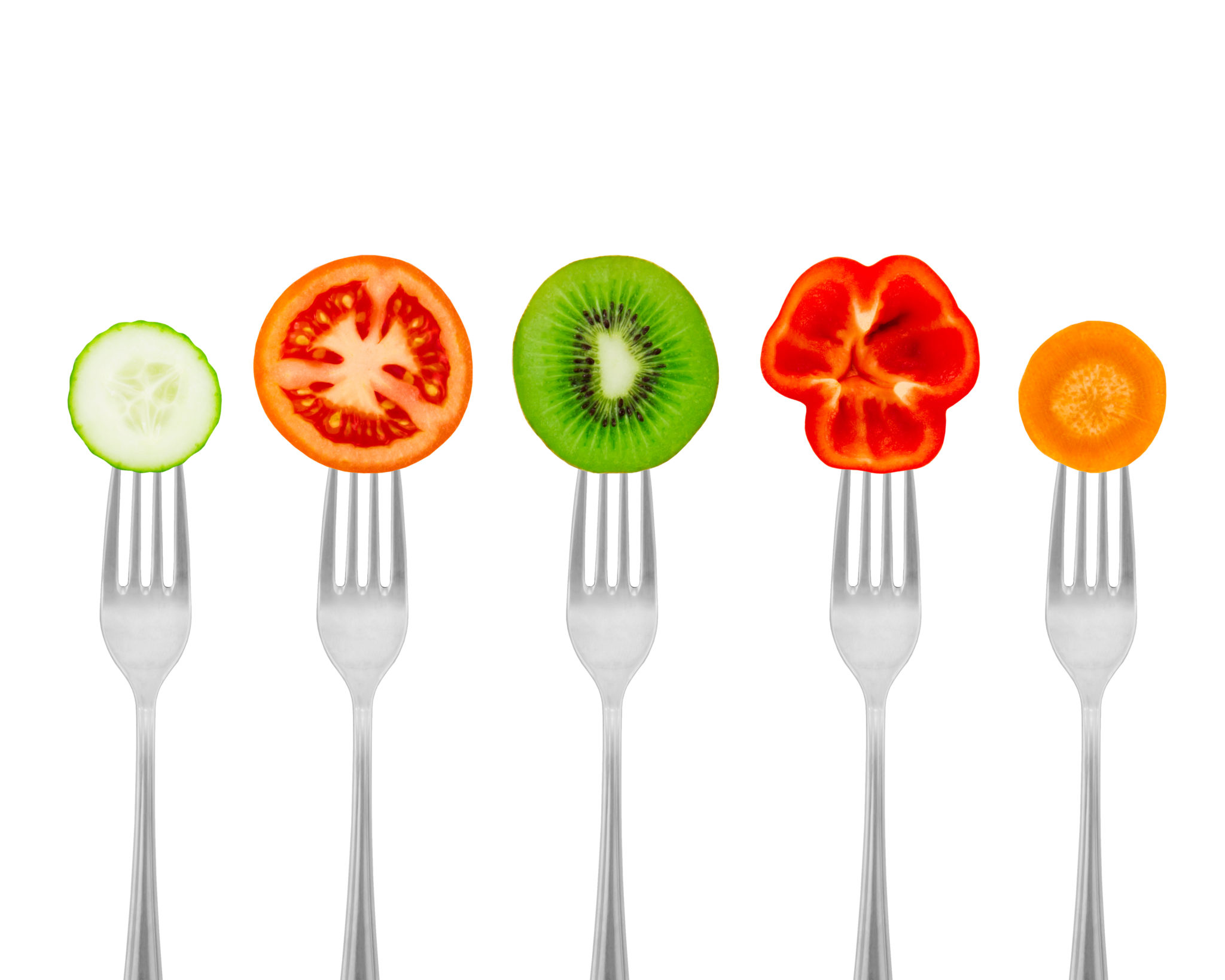7 Tips For A Heart Friendly Diet
March 20 2017

7 Tips for a Healthy, Heart-Friendly Diet
Diet, for someone with heart disease, is quite a big deal! Together with other healthy habits, it can slow or potentially reverse the narrowing of the heart’s arteries thus helping prevent further complications. The ideal diet for someone with heart disease is one that curbs bad cholesterol, lowers blood pressure and blood sugar and helps with weight loss.
Often, people with heart disease are told what NOT to eat, which can be very morale-breaking. However, focusing on what you can eat is more uplifting.
These 7 strategies will help you better plan your meals:
- Eat more vegetables, fruits, and whole grains – Everyone could gain by eating more plant-based food. They are rich in fiber, nutrients and are powerful in helping fight heart disease. They taste great in salads, as a side dish or an entree. Just make sure that you do not use too much dressing when you prepare them!
- Eat more fish. Fish is a good source of protein. Salmon, tuna, mackerel are types of fish that give you omega-3 fatty acids which may help reduce the risk of heart disease and stroke.
- Completely avoid artificial trans fats. These raise your bad cholesterol levels. Look out for labels that have partially hydrogenated oils in them. Processed snacks, Pizza, fast food and pastries are usually culprits of trans fats.
- Stay hydrated. Drinking more water will have you feeling more energetic and less likely to feel hungry quickly and snack. You should drink 1 to 2 litres of water daily, unless otherwise recommended by your doctor.
- Limit your portions. This may be the time to invest in smaller plates and glasses. Check food labels to see how much is in each serving. If you are eating out, know that restaurant servings are approximately 2 to 4 times bigger than the recommended portions. You can always take-away your leftover food to eat later.
- Add more natural ingredients to your food to enhance the taste. Use natural spices such as raw ginger in your food to deter you from adding salt to your food. This will help control your blood pressure. Be very wary of packaged food as these tend to be high in sodium. The Heart Foundation recommends no more than 2400mg of sodium per day for an adult, which equates to about 1 teaspoon of salt!
- Enjoy your food! Food is meant to be pleasurable so try new foods or new ways of cooking to make you enjoy your food. It’s easier to maintain eating this way.
—
For health and nutrition consultations, call to schedule an appointment with us at 03 5229 5192 (Myers Street Family Medical Practice), 03 5241 6129 (The Cottage Medical Centre), 03 5264 8838 (Torquay Medical Health & Wellness Clinic). For Corporate Care Program, visit Workplace Health & Safety Victoria.
